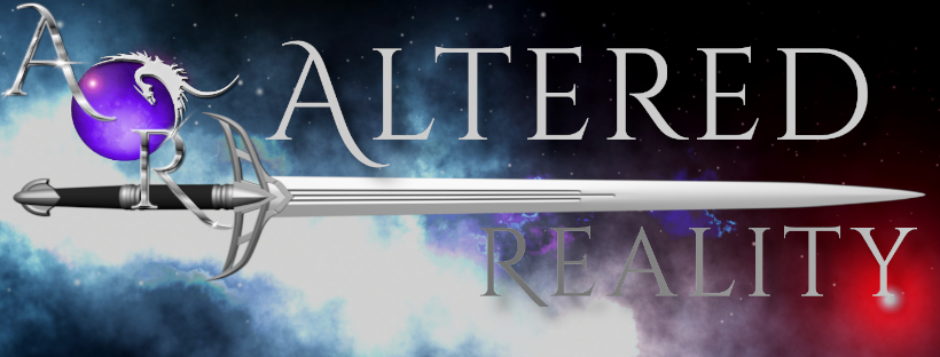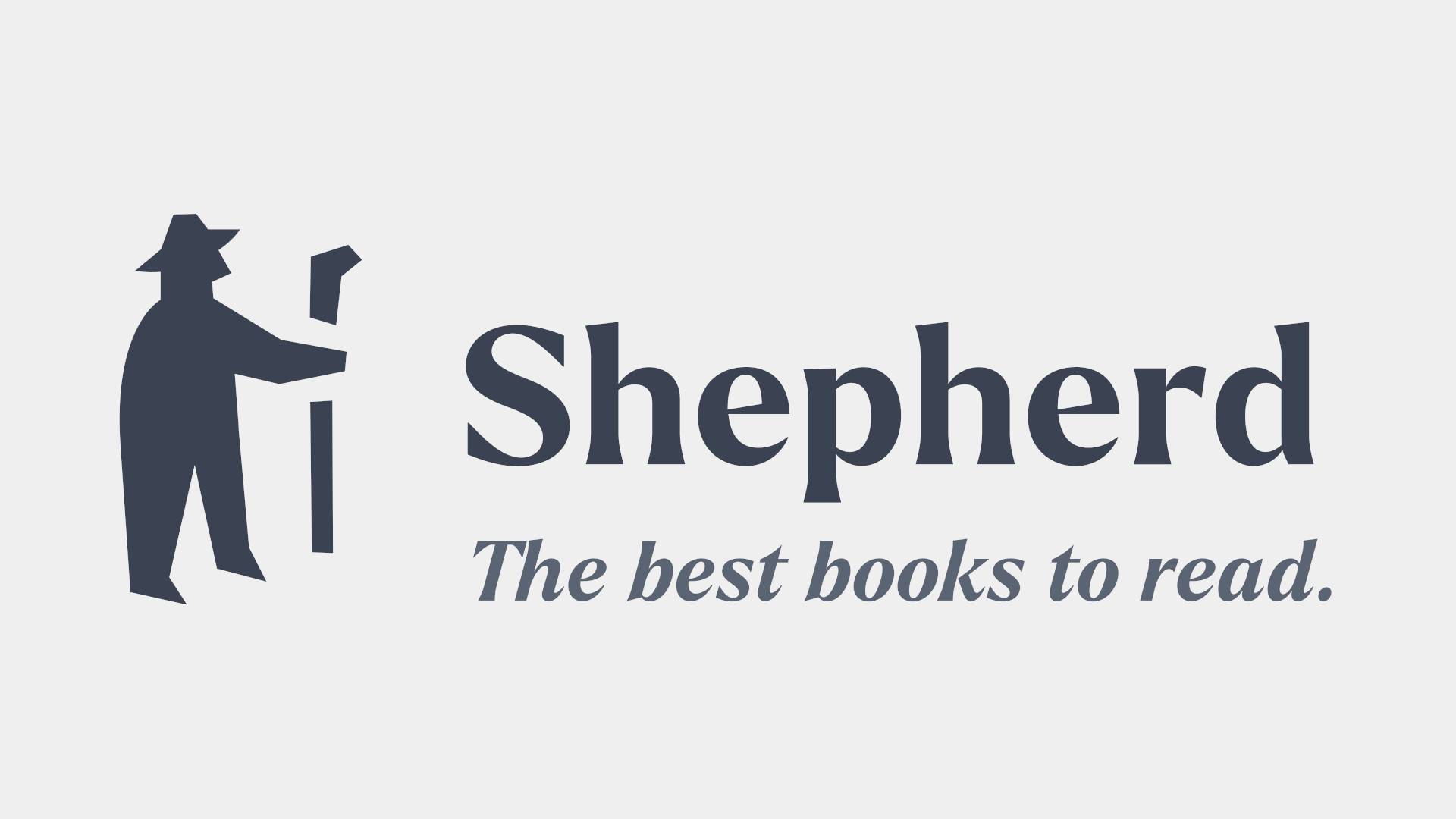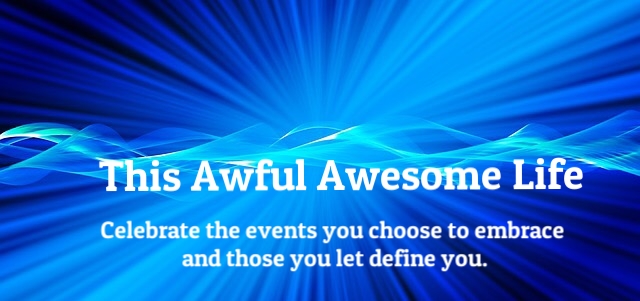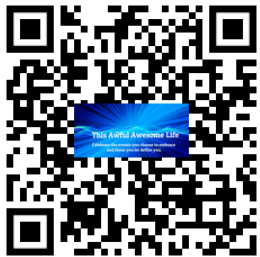A.R. Do you write poetry, prose, or a mixture of both?
H. K. I write poetry, prose, non-fiction, fiction, screenplays, stageplays, shopping lists, lesson plans, outcomes assessments, work reports, bibliographies, blogs, captions, notes, nonsense, and non-sequitors. I may mix them in any combination, or I may make up something new.
A.R. Have you ever done any journalistic writing?
H. K. Yes. Starting in seventh grade I wrote for the school newspaper. By tenth grade I was the sports editor and wrote most of the coverage, at least of the basketball team. In college, for over two years I edited a monthly newsletter which included a lot of writing. Later I created a bi-annual (and later quarterly) newsletter on martial arts which lasted a decade before I passed it on to another editor. I was overwhelmingly the main writer. I have had columns elsewhere, and written all kinds of articles for assorted periodicals, including appearing in the local newspaper both with poetry, and brief sports features.
A.R. What made you start writing?
H. K. Growing up, the emotional volume was pretty much always on ten in my house. Writing allowed me to share measured words, and get an audience at least with my mother.
A.R. How old were you when you started writing?
H. K. Eight and a half.
A.R. Where do you get your inspirations?
H. K. Inspirations are everywhere, and writers develop the skill of recognizing them and making notes. That said, unlike most writers I know, I actively seek inspiration. I pursue art, read science, walk in nature, have deep conversations, all while keeping a part of my mind tuned to spotting inspiration when it tries to slide by.
A.R. What is the one thing you hate most about writing?
H. K. Bookkeeping. Especially keeping track of poems whose titles have changed.
A.R. What is the one thing you like most about writing?
H. K. I love the part of the revision process where the rough draft starts to sparkle, and conviction in the idea shows signs of being rewarded.
A.R. When is inspiration most likely to strike you?
H. K. Anytime, awake or asleep.
A.R. Do you do any other sort of art?
H. K. I have had hundreds of drawings and cartoons published, but middle-aged eyes, and generational tremors have much diminished that. I have also had hundreds of photographs published, and continue to pursue that.
A.R. If you could invite any one other author or poet over for dinner, whom would you invite?
H. K. I’m going to interpret this to mean someone I haven’t already had dinner (or the equivalent) with. In 1983 Jack Chalker grabbed me at WorldCon because he liked my questions from the audience during a panel on Eric Frank Russell’s works. He started introducing me around, and I realized that very famous writers are happy to meet people, as long as it’s on the writer’s terms.
As a result, I’ve talked with famous mainstream poets including Margaret Atwood, Lucille Clifton, Billy Collins, and Robert Creeley. I’m friends with specpo writers Carolyn Clink, David Clink, Jennifer Crow, Timons Esaias, Geoff Landis, Mary Soon Lee, Mary Turzillo, and many others. Among classic SF/F prosists I’ve been good friends with Robert J. Sawyer and Mike Resnick, which gets you introduced to a lot more people. I’ve enjoyed talking to Poul Anderson, Isaac Asimov, Ben Bova, David Brin, Hal Clement, Neil Gaiman, Charles Gannon, James Alan Gardner, Edward D. Hoch, David A. Kyle, Ursula K. Le Guin, Paul Levinson, Barry B. Longyear, Anne McCaffrey, Judy Merril, James Morrow, Fred Pohl, Terry Pratchett, Spider Robinson, Charles Sheffield, William Tenn, Jack Vance, and many more.
Excluding the name dropping bomb above, if I get to have one living person over for dinner, I choose Neil deGrasse Tyson. If I can have anyone living or dead, I choose John D. MacDonald.
A.R. Why?
H. K. I believe Tyson would be an ideal guest, knowledgeable, talkative, gracious and convivial. I believe MacDonald would be a sociological gold mine.
A.R. What would you talk about?
H. K. With Tyson I would want to explore how he has been a gracious scientist and science writer in a post-fact era (soon may facts return). With MacDonald, I would love both his insights on how he often knew where the country and world were going before it happened, and what he sees next for the country and world right now.
A.R. What would you serve for the meal?
H. K. I love to cook, but I wouldn’t waste prime socializing time in the kitchen. So I would have the meal catered. I would want a slow seven course meal to maximize the time for socializing. The core courses would be salmon and Cornish game hens. Dessert would be New York style cheesecake.
A.R. If you received the bad news that you only had thirty days to live, what would you do?
H. K. Assuming I was healthy enough to do it, I would travel. I would see my children, then visit Europe, and Australia if I could afford it.
I have lived a very full life, and not a lot has been left undone. I often say I’ve already lived seven full lives and find myself surprised by an eighth. Getting to Europe would be one of the few big misses.
A.R. Thinking about all of your characters, which one are you most like?
H. K. Unquestionably Wallaby Walker. I am neither short nor Australian; but we have the same college degrees, inquisitiveness, and an ability to speak calmly and bluntly at the same time.
A.R. Thinking about all the characters you’ve ever seen in movies, plays, tv shows, or read about, which are you most like?
H. K. We visit most characters for a few hours or a few days, but we live in our skins for a lifetime; so it is always a leap of faith to make such a comparison. With that disclaimer in place, I’ll say Travis McGee. I’m flawed, scarred physically and emotionally, occasionally brilliant, irritating, fallible, far less socialized than normal humans, helpful, athletic, and deeply appreciative of those capable of directed self change.
A.R. What do you tell people that say “I want to be a writer.” ?
H. K. The only way to be a writer is to put words on paper, whether that paper is made of wood, electrons, or stone.
A.R. Why do you tell them that?
H. K. Especially working around film and television, there are a lot of people who want to be writers, but don’t want to write. They don’t want to write by hand, they don’t want to write by keyboard, they don’t want to write by dictating to a voice transcription app. They don’t want written words to appear because they created them. It’s maddening. I don’t believe it can be any simpler than “writers write.”
A.R. What do you want on your tombstone?
H. K. Still a work in progress.
A.R. Any last words?
H. K. For most of us, there is an army of people outside waiting to tell us we’re wrong. And the better we do in life, the bigger the army. Ignore the army, and don’t take society too seriously. If you’ve taken time to research and consider your choices, more than likely, you know better than anyone what’s best for you.
![]()





